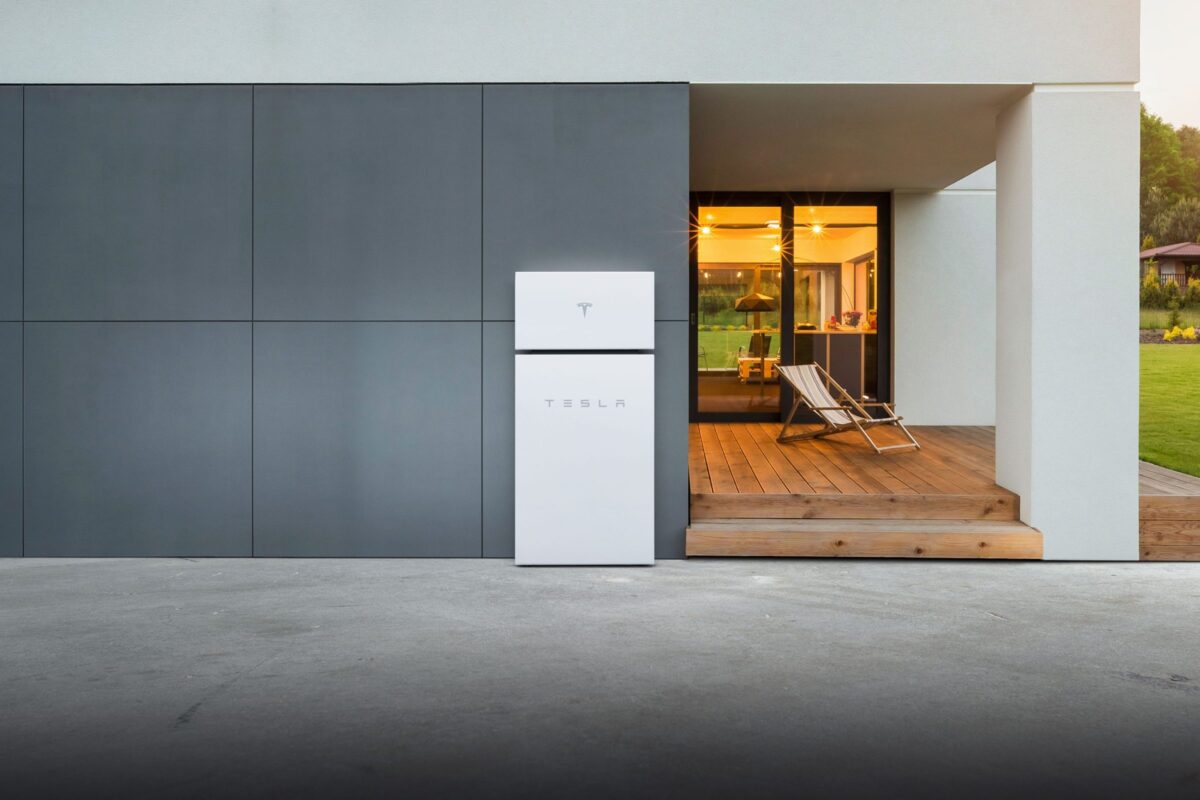Washington Governor Jay Inslee has called for “defeating climate change” by moving to 100% “clean, renewable and zero-emission” electricity by 2035—phrasing that suggests a very high percentage of renewables, if not 100% (the plan does not mention nuclear power). In addition, by 2030 all electricity would be “carbon neutral,” all new vehicles would be electric, and all new commercial and residential buildings would be zero-carbon. The plan closely follows guidance in the most recent United Nations climate report.
Invoking President Kennedy’s “clarion call for a ‘moonshot,’” Governor Inslee said his plan would require “a massive, full-scale mobilization of our federal government that will spur major innovation and deployment of clean energy.”
He said the transition would include “good-paying jobs for workers and support for vulnerable communities.”
As Governor Inslee has made climate the foundational issue of his campaign, he is likely to promote the plan at every campaign stop. Many observers consider the race for the Democratic Presidential nomination to be too early to call at this point, despite early traction gained by former Vice President Joe Biden.
Additional solar totaling 1100 GW by 2035 would help meet Governor Inslee’s goal, and could be achieved by increasing installed solar capacity at a compound annual growth rate of 19%. (The estimate of 1100 GW is based on U.S. electricity generation in 2035 equal to that in 2018, solar providing half of that generation (with wind providing the balance), and a 20% capacity factor for solar.)
A 19% compound annual growth rate (CAGR) for solar through 2035 is well below the highest “challenging but feasible” CAGR of 29% identified as possible for global PV installations through 2030, in a study led by the U.S./German/Japanese solar research consortium GA-SERI. The challenge is indicated by U.S. PV additions in 2018, which were somewhere between up 6% (per BNEF) to down 2% (per SEIA).
The need for solar would increase beyond 2035, because electric vehicles and zero-carbon buildings from 2030 onward would require additional electricity.
Beyond renewable energy investments, Governor Inslee’s plan calls for investments in energy storage, a smart grid, and advanced transmission and distribution.
Governor Inslee called for expanding long-distance interstate and interregional transmission of clean electricity “through expedited planning, broad cost allocation, and negotiated siting” among state, regional, and federal authorities. Federal lands and offshore waters could be used to deploy more renewables and transmission, he said, noting that public lands contain “enormous resources” for renewable energy development, especially in the West.
Quoting an estimate that climate change has cost the U.S. at least $240 billion per year in the last decade, with those costs projected to go higher, Governor Inslee said “We can choose between two roads: guaranteed economic decline from extreme weather, or increasing prosperity from a clean energy economy and low-cost, electrified transportation.”
In targeting 100% carbon-neutral electricity generation by 2030, and zero-carbon new vehicles and buildings from 2030 onward, Governor Inslee’s plan matches up with findings of the United Nations Intergovernmental Panel on Climate Change, describing how to limit global warming to 1.5°C. Those findings stated that “In model pathways with no or limited overshoot of 1.5°C, global net anthropogenic CO2 emissions decline by about 45% from 2010 levels by 2030, reaching net zero around 2050.”
The most novel aspect of plan may be its call for new homes to be all-electric starting in 2030; all-electric homes are currently uncommon outside the Southeast.
This content is protected by copyright and may not be reused. If you want to cooperate with us and would like to reuse some of our content, please contact: editors@pv-magazine.com.








Inslee has an interesting plan in regard to energy, but I’m actually more concerned about whether or not he is anti-imperialist. Without that latter disposition, ANY presidential candidate loses my support completely — as a foregone conclusion. The reason for my feeling in this regard should be obvious (just think of all the death and mayhem our foreign interventionism has causes since this country’s founding — it staggers the mind!). This is why I currently support Tulsi Gabbard (D. Hawaii). Stopping our country’s “military empire” mentality is a prerequisite to calling it “civilized.”